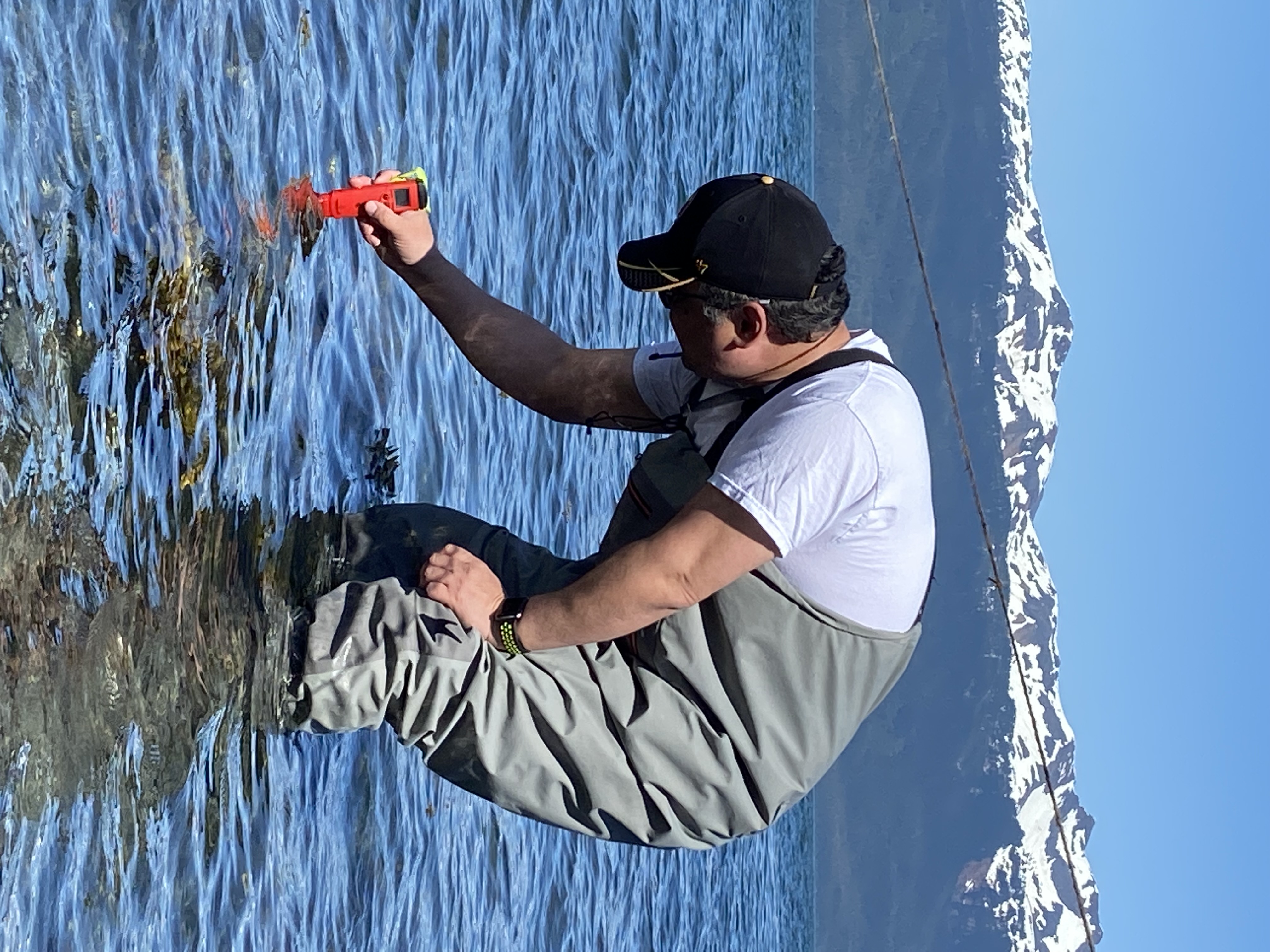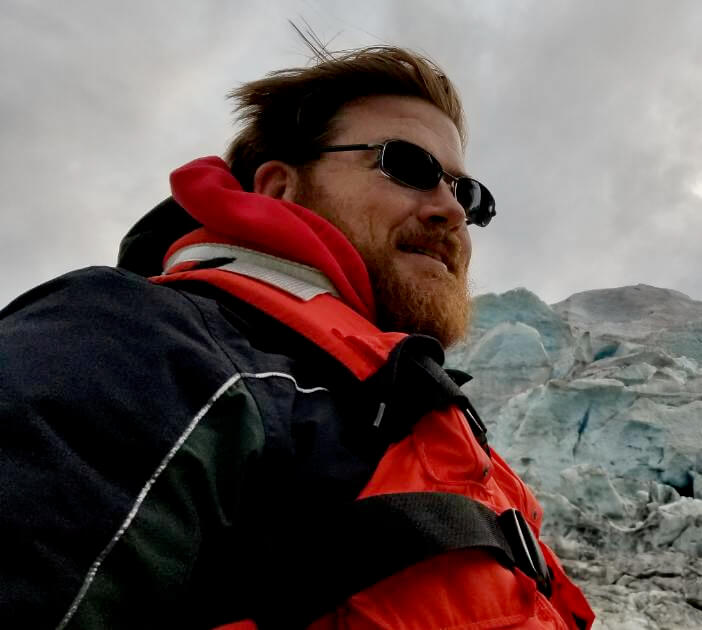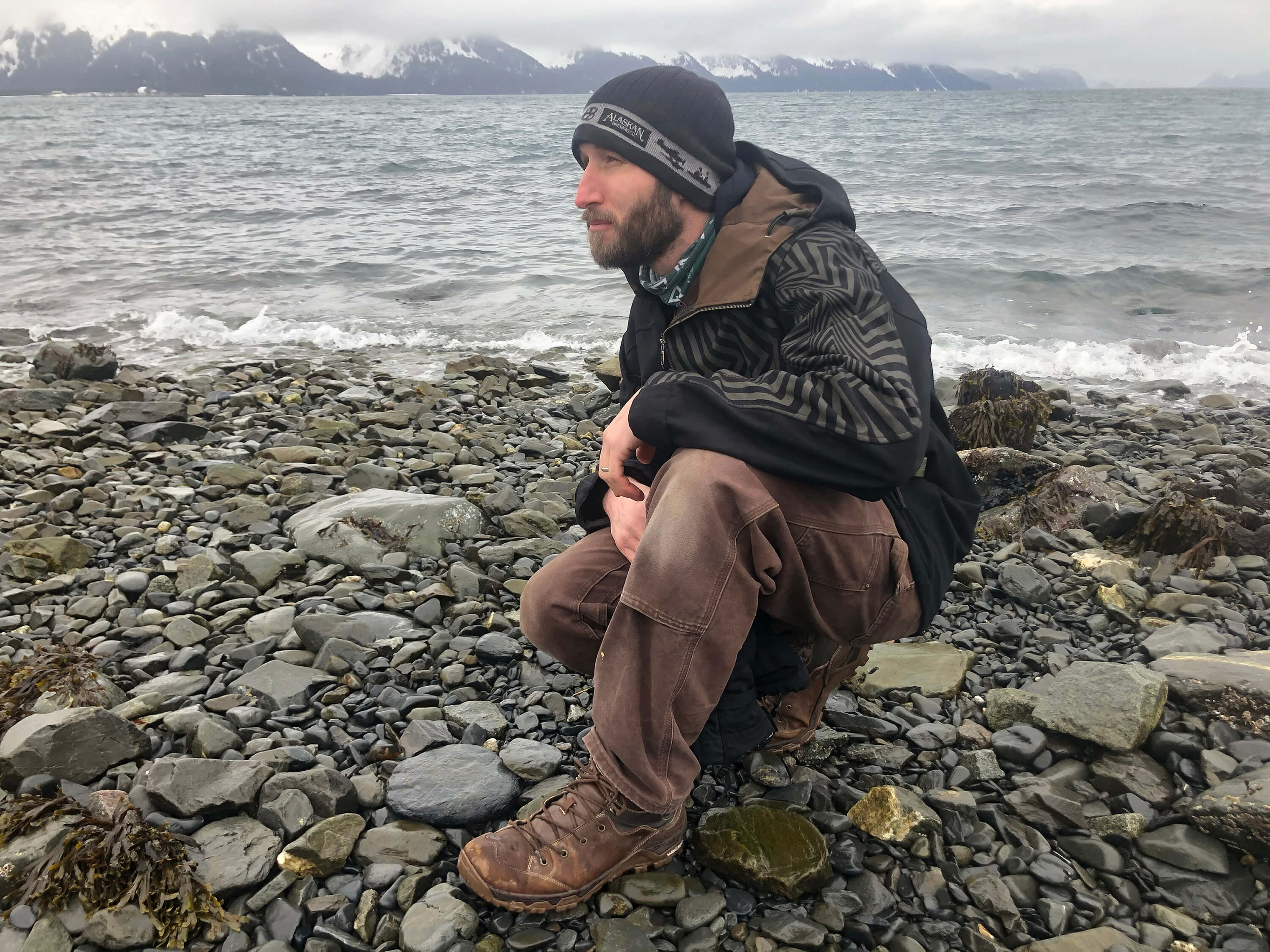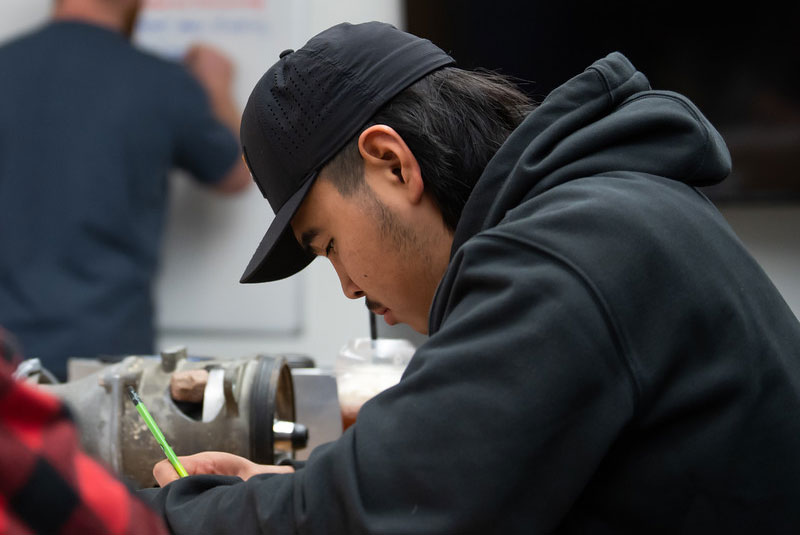Resilient Food Systems for Teachers
Resilient Food Systems For Teachers
This place-based opportunity explores how to build resilience in local food systems. We will spend a week in Cordova exploring ways to increase knowledge of and access to local fresh foods. Each day of the Resilient Food Systems class will focus on a different topic in creating secure sources of foods. These include: native gardening, hydroponics, mariculture, composting, and low effort farming. We will engage in field trips, collaborative learning, and place-based opportunities to create lessons and projects that teachers can use immediately in schools across the state. Plus you’ll be taking home some supplies to set up a basic hydroponic system.
- Based in Cordova, Alaska
- Intended for teachers of science who are not science teachers by training
- Explore how to build resilience in local food systems
- Develop place-based, culturally-responsive knowledge, awareness, and practical skills
Place based activities may include:
- Low effort farming demonstrations
- Boat trip on Prince William Sound
- Hiking
Dates, Location, and Contact
Dates: June 2-June 8, 2024 (*2 required Zoom sessions prior to the onsite course. Times/Dates TBD. Approximately 2 hours each.)
Credits: 3
Seats Available: 10
Location: Cordova
Contact: Katie Bobowski, 907-822-3673 or uaa_pwscforteachers@alaska.edu
Instructor: Bjørn Wolter/Kelly Ballantyne
Participants are Saying...
“An incredible learning experience. The field activities, and also learning from my colleagues, will allow me to create many placed-based and traditional knowledge lessons for my students. The rural schools have little-to-nothing in the way of science materials, and these courses opened my eyes to a broad array of possibilities. I’ve gained many takeaways for use in my classroom. I’m excited.”
Solomon Afcan, Nunam Iqua School

- What to expect
Resilient Food Systems for Teachers is primarily a field based course and we will be spending most days outside exploring different learning possibilities. Students should be able to walk at least 5 miles. Portions of the course may be carried out over uneven terrain, often without a trail, and may include river crossings or other hazards depending on route and travel logistics. The course may require good physical condition and ability to perform in cold and/or inclement weather. Students must be prepared to spend long days in potentially harsh terrain, with a number of environmental concerns to mitigate, including: bears, mosquitos, wolves, rivers, weather, temperature, etc.
- What will you get
- A week of content-rich days immersed in classroom and field exercises to deepen teaching pedagogy.
- Teachers will walk away with lesson plans, resources, tools how to fit the curriculum into a classroom or virtual learning environment, and examples of place-based lesson planning.
- All students will develop a place-based lesson plan or unit to use in their own classroom. All of the lesson plans developed will be put into an online database that will be made available to all students for adaptation and use in their classroom.
- Why should you come
- Gives teachers the ability to reconnect to and re-energize their passion for teaching.
- Mixes classroom activities with place-based/outdoor activities, which asks the teachers to not only consider their curriculum, but to also their classroom environment
- Collaborative workshop activities allow teachers to meet and network with other educators who are living through the same experience
Meet The Instructors
Dr. Bjørn Wolter
 Dr. Bjørn Wolter is a program manager with the Alaska Department of Education & Early
Development. He has been a professor, researcher, and administrator in Alaska K-20+
education for more than two decades. Bjørn earned a Ph.D in Science Education from
Michigan State University, and an M.S. in Plant Ecology and B.S. in Biology from Western
Washington University.
Dr. Bjørn Wolter is a program manager with the Alaska Department of Education & Early
Development. He has been a professor, researcher, and administrator in Alaska K-20+
education for more than two decades. Bjørn earned a Ph.D in Science Education from
Michigan State University, and an M.S. in Plant Ecology and B.S. in Biology from Western
Washington University.
Kelly Ballantyne
 Kelly Ballantyne has been involved in Food System work for over 20 years. He has provided
agriculture work and consulting all over the world including New Zealand, Benin, Colorado,
Hawaii, and Alaska. Kelly holds a permaculture certification from Central Rocky Mountain
Permaculture Institute and a BA in Sustainability from Alaska Pacific university.
After hydroponic farming for years in Anchorage with Alaska Seeds of Change, Kelly
was recruited to create and teach the new Farm and Food system at King Tech High School.
Kelly has been teaching at King Tech for the last three years. He loves hunting, fishing,
wild harvesting, adventuring, and wandering in the woods with his wife and two kids.
Kelly Ballantyne has been involved in Food System work for over 20 years. He has provided
agriculture work and consulting all over the world including New Zealand, Benin, Colorado,
Hawaii, and Alaska. Kelly holds a permaculture certification from Central Rocky Mountain
Permaculture Institute and a BA in Sustainability from Alaska Pacific university.
After hydroponic farming for years in Anchorage with Alaska Seeds of Change, Kelly
was recruited to create and teach the new Farm and Food system at King Tech High School.
Kelly has been teaching at King Tech for the last three years. He loves hunting, fishing,
wild harvesting, adventuring, and wandering in the woods with his wife and two kids.
Partners
This work is supported by the USDA National Insitute of Food and Agriculture










